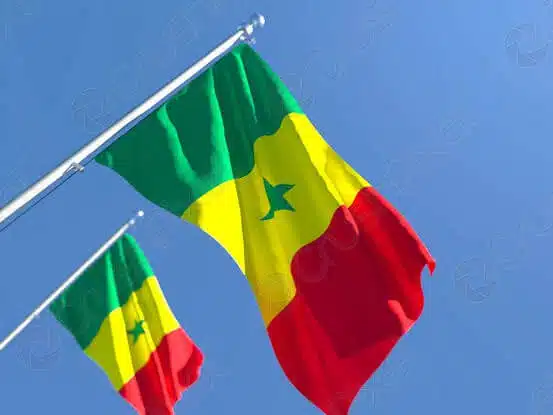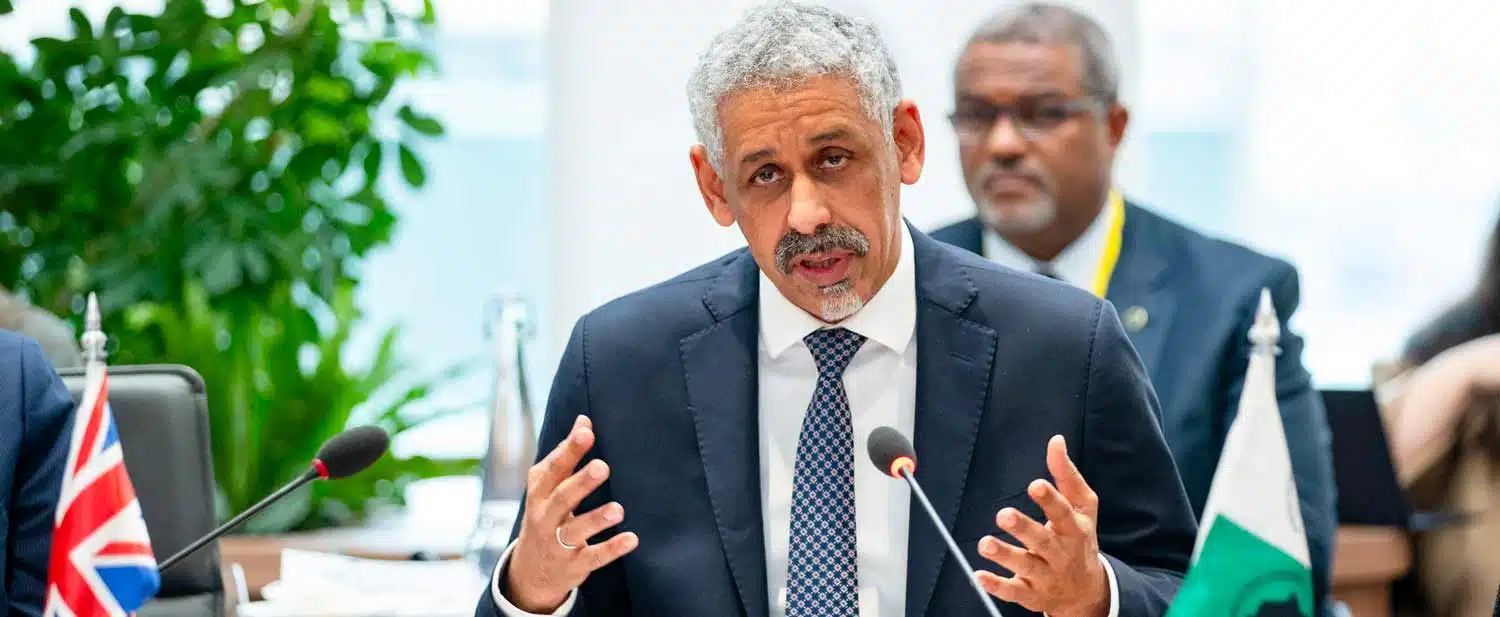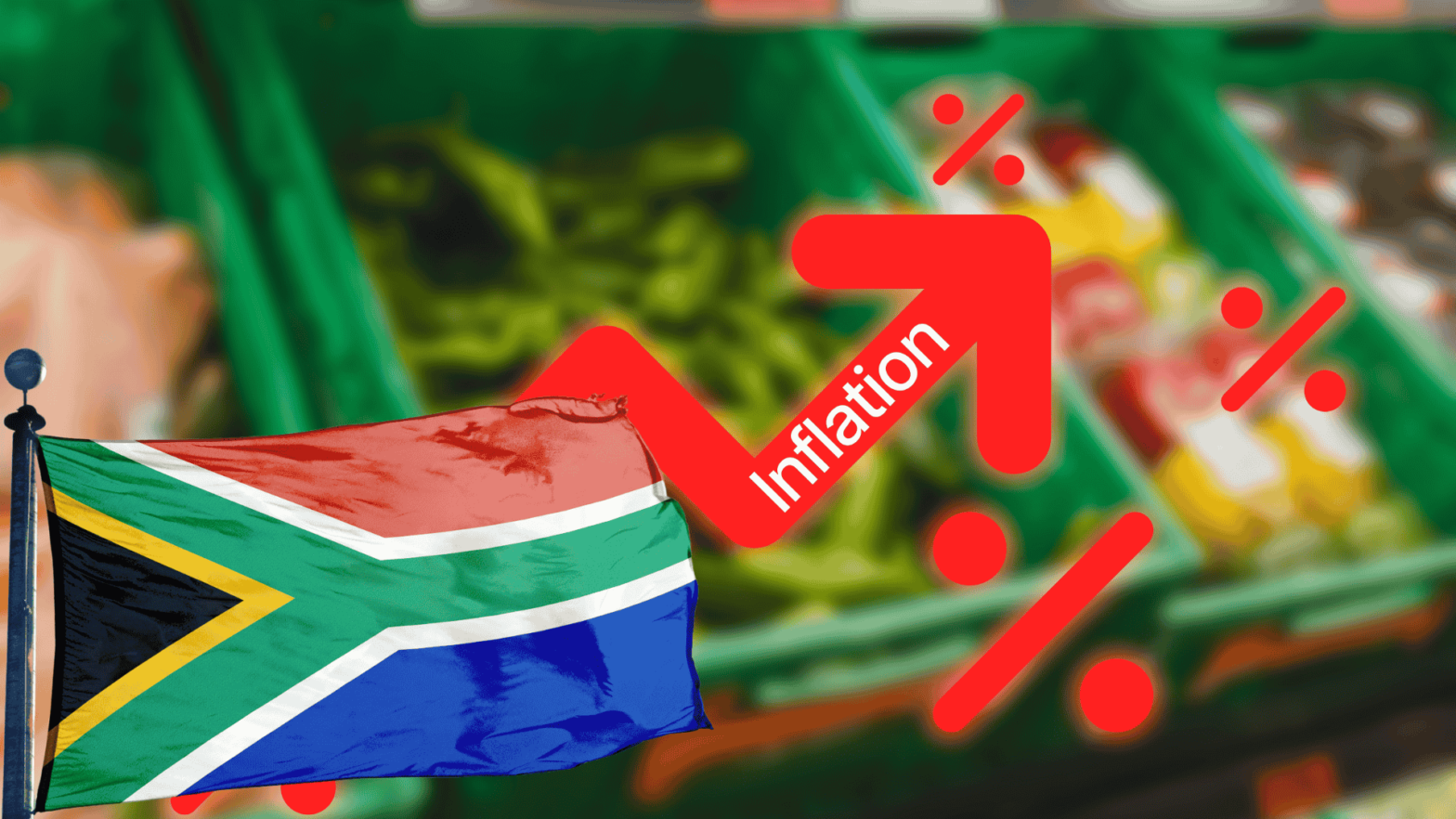Kenya’s government, under President William Ruto, has explicitly excluded external funding from the International Monetary Fund (IMF) in its budget plans for the next three years, marking a significant departure from the country’s previous reliance on the multilateral lender.
According to the National Treasury’s 2025/26 Budget Summary and Support Information, Kenya will instead turn to the World Bank and the African Development Bank (AfDB) for financing between 2025 and 2028.
This policy shift follows the mutual termination of the IMF’s ninth review of Kenya’s financial support programme, which began in April 2021, due to the country’s inability to meet the lender’s requirements.
These conditions included raising taxes, restructuring state-owned enterprises, and reducing the budget deficit.
Analysts suggest that the decision to exclude IMF funding may have been influenced by the lender’s stringent and broad funding requirements, which have been politically and socially challenging to implement.
This is especially true given recent public protests against proposed tax hikes.
World Bank funding picks up as AfDB backing retreats
In place of the IMF, Kenya plans to secure an annual KSh 170.5 billion from the World Bank, a significant increase from the KSh 129.8 billion received in the current fiscal year.
One of the likely conditions for this funding is the passage of the Conflict of Interest Bill 2025, which aims to strengthen anti-corruption measures in the public sector.
Meanwhile, the AfDB is expected to provide KSh 21.3 billion annually, although this represents a decrease from the KSh 29.5 billion in the previous year.
In addition to these two lenders, Kenya will continue to explore other commercial financing avenues, including international bond markets and a recent $1.5 billion Eurobond.
Fiscal autonomy with new challenges
The shift away from IMF financing signals Kenya’s desire for greater fiscal autonomy and flexibility in its economic reform agenda.
While the World Bank and AfDB loans come with conditions, these are seen as more targeted and less politically difficult to implement.
However, Kenya faces substantial fiscal challenges, including a widening budget deficit and lower-than-expected tax revenues, raising concerns about the sustainability of its fiscal plans.
Kenya’s outstanding obligations to the IMF, currently over SDR 2.8 billion, remain an issue, though the country has no plans to seek further disbursements from the IMF for the current budget period.








